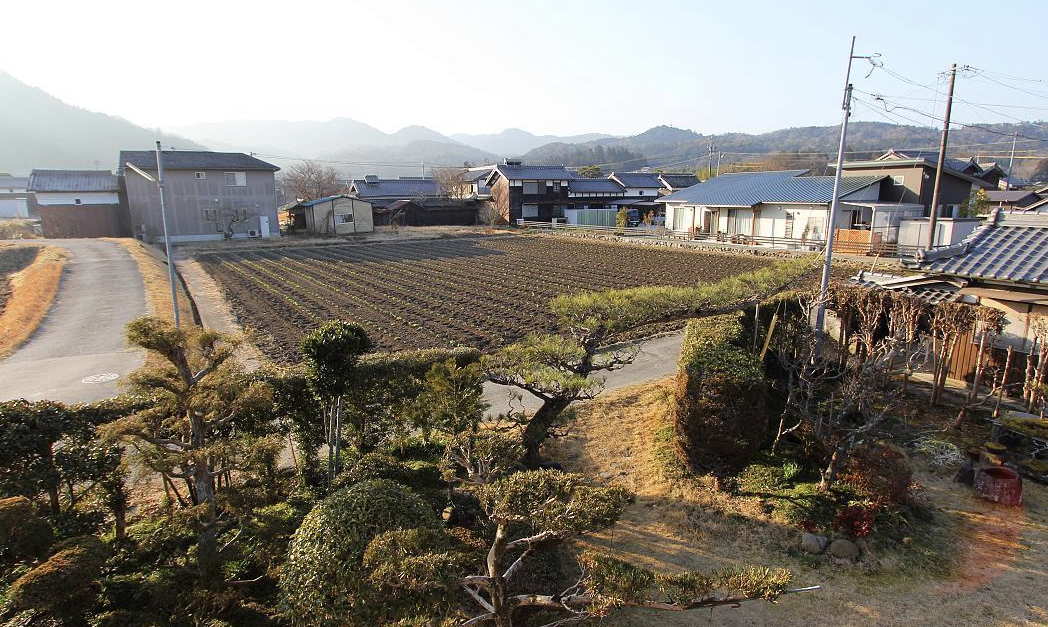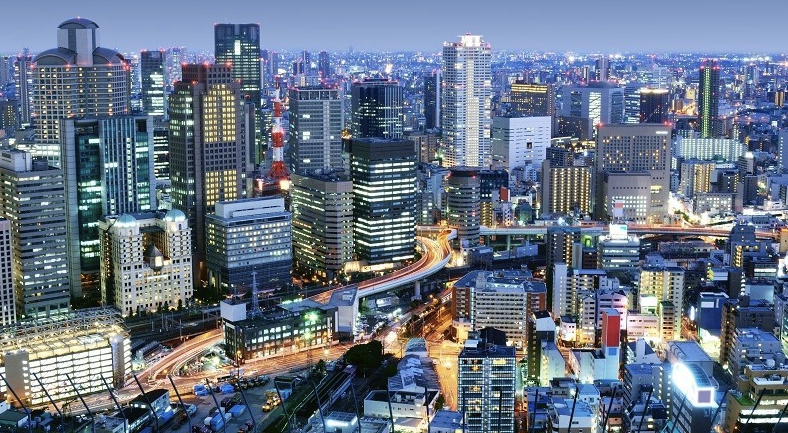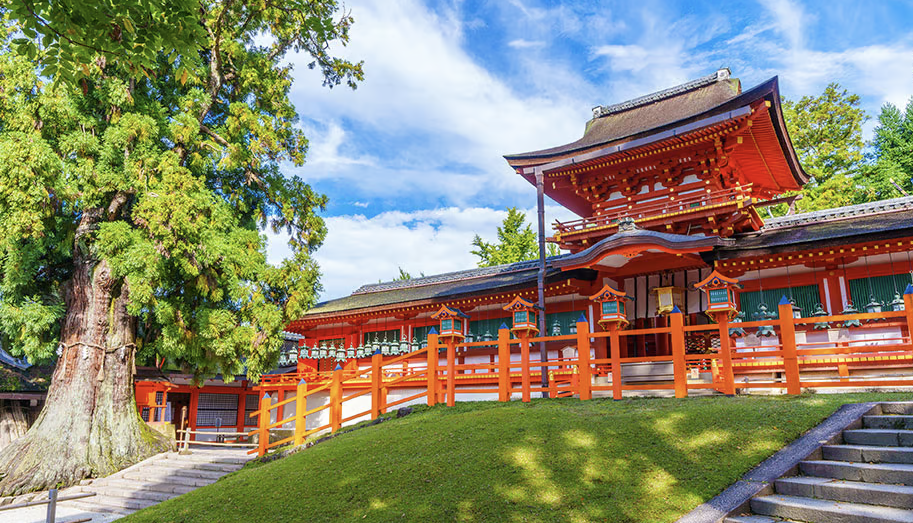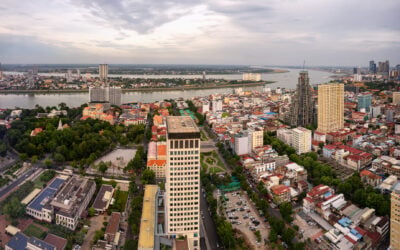Japan is a fascinating country known for its rich culture and breathtaking landscapes.
Indeed, to many foreign investors, owning property in Japan seems like an enticing prospect.
Yet beneath the allure of cherry blossoms and bustling cityscapes lie several risks that could make buying real estate in Japan more complicated than it initially appears.
From natural disasters to demographic challenges, potential home owners need to carefully weigh these risks before diving into the Japanese real estate market.
Without further ado, here’s a detailed look at the main risks associated with buying property in Japan.
Natural Disasters: A Constant Concern
Japan’s stunning geography comes with a catch—it’s one of the most disaster-prone countries in the world.
Earthquakes, tsunamis, and typhoons are a regular occurrence, and they can wreak havoc on properties.
Even though Japan has some of the best earthquake-resistant building technologies globally, no structure is entirely immune to damage.
A few major earthquakes over time could lead to significant repair costs, and older structures may require extensive renovations or even rebuilding.
For example, homes in Japan typically have a lifespan of only 20–30 years, which is far shorter than in many Western countries.
If natural disasters don’t affect the physical property itself, they can also impact the surrounding area.
Tsunamis can devastate coastal regions, while landslides triggered by typhoons can destroy infrastructure.
These risks make it essential for buyers to carefully research the location of any potential property and consider the long-term costs of maintenance and disaster preparedness.
Japan’s Demographic Crisis
One of Japan’s most well-documented challenges is its aging population and declining birthrate.
The country’s population is shrinking at an alarming rate, with fewer young people entering the workforce and many rural areas becoming ghost towns.
This demographic crisis has significant implications for the real estate market.
In rural or less-populated areas, demand for property is minimal, and finding tenants or buyers can be nearly impossible.
Even in second-tier cities like Hiroshima or Wakayama, investors may struggle with limited appreciation potential and a lack of willing purchasers if they ever decide to sell.
This makes such properties a potential “value trap” that could tie up your capital without providing meaningful returns.

The number of traditional villages in Japan’s rural area are decreasing steadily with the migration of young workforce and the demographic decline.
Even in larger cities like Yokohama and Osaka, downward pressure on property values is expected over time due to the broader population decline.
While central Tokyo remains a safer bet with continued demand from both locals and expats, the overall outlook for Japan’s real estate market is shaped by its demographic challenges, which are unlikely to resolve anytime soon.
Cultural and Structural Factors in Real Estate
Japanese culture has a unique perspective on real estate.
Unlike in many Western countries where older properties are often seen as charming or valuable, in Japan, older buildings are often considered undesirable.
This mindset stems from a history of razing and rebuilding homes with each passing generation.
It’s not uncommon for families to demolish older structures and start from scratch, as homes are often viewed as depreciating assets rather than appreciating ones.
This cultural approach means that the value of most properties in Japan, especially houses, tends to decrease over time.
Land in Japan may retain its value, but the structure itself is typically seen as a temporary investment.
For foreign buyers accustomed to property appreciating in value, this can be a significant adjustment.
Additionally, the housing market in Japan is heavily geared toward locals and navigating it as a foreigner can be challenging.
Language barriers, cultural differences, and even occasional discrimination from realtors or sellers can make the process frustrating.
Some real estate agents might overcharge foreign buyers or refuse to deal with non-Japanese clients at all.
Hiring a local lawyer or trusted advisor is often necessary to avoid costly mistakes, but this adds another layer of expense to the process.
Low Appreciation and Rental Yields in Japan
While Japan’s real estate market is stable, it doesn’t offer the high rental yields or robust capital appreciation seen in some neighboring countries.
For instance, rental yields in Japan rarely exceed 7%, even in the best-performing neighborhoods.
In comparison, property markets in other Asian countries like Cambodia or the Philippines often offer significantly higher returns.
This low rental yield is partly due to Japan’s strict tenancy laws, which heavily favor tenants.
Once a tenant moves into your property, it can be extremely difficult to remove them, even if they stop paying rent.

While local workforce and expat flock to big cities, property rental yield in Japan is still not as high as one might think. In comparison, many other countries in Asia are doing better, thanks to their young population.
Additionally, Japan’s rental market is highly competitive. Landlords often offer incentives like free rent for the first month to attract tenants.
These factors, while not precisely a risk or scam by itself, can eat into your profits and make managing a rental property more challenging than it initially seems.
Liquidity Challenges: The “Crazy Neighbor” Factor
Selling property in Japan can be surprisingly difficult, especially outside major metropolitan areas.
In Japan’s rural regions or second-tier cities, finding a buyer could take years. Even in more desirable locations, unexpected factors – like an unpleasant neighbor – can significantly affect a property’s resale value.
This so-called “crazy neighbor” factor might sound humorous, but it’s a real concern in Japan, where people value peace and harmony.
If your property is located next to a problematic neighbor, it can deter potential buyers and reduce the overall value of your investment.
… and if such a neighbor does ever exist, the seller might not offer the courtesy of letting you know before the sale is made. It’s little more than a scam!
Opportunity Cost: Compare to Other Markets
If you’re looking for high returns, Japan’s real estate market may not be the most competitive option in Asia.
Neighboring countries like Vietnam, Cambodia, and the Philippines often offer better rental yields and greater potential for capital appreciation.
For example, Vietnam’s booming economy and rapid urbanization have created strong demand for both residential and commercial properties, while Cambodia’s frontier market status offers opportunities for exponential growth.
In contrast, Japan’s stagnant GDP growth and demographic issues make it a more conservative, low-risk market.
Is Real Estate in Japan Worth It?
Buying property in Japan can be a rewarding experience for those who are drawn to the country’s unique culture and lifestyle.
However, it’s essential to approach the market with realistic expectations and a clear understanding of the risks involved.
From natural disasters and demographic challenges to cultural differences and low rental yields, Japan’s real estate market is not without its pitfalls.
For lifestyle buyers seeking a second home or a pied-à-terre in Japan, the purchase might make sense as a personal investment rather than a financial one.
However, if you’re a foreign investor who is focused on high returns, Japan’s market may not be the most lucrative option.
Exploring other Asian markets with stronger growth potential could be a better fit for those seeking higher yields and faster appreciation.
With that said, Japan is still a relatively safe and structured country to invest in – especially when compared to nearby emerging markets.
You should remain aware of challenges more so than any actual real estate scams in Japan.
Ultimately, the decision to invest in Japanese property depends on your specific goals, risk tolerance, and willingness to navigate the country’s unique challenges.
FAQs: Property Risks in Japan
What Natural Disaster Risks Should I Consider When Buying Property in Japan?
Japan is highly prone to natural disasters such as earthquakes, tsunamis, and typhoons. While modern buildings are designed with advanced earthquake-resistant technologies, no structure is completely immune to damage.
Additionally, properties in coastal or mountainous areas may face risks from tsunamis or landslides triggered by typhoons. These factors can lead to significant repair costs or even rebuilding, making careful location research essential before purchasing property.
How Does Japan’s Demographic Decline Affect the Real Estate Market?
Japan’s aging population and declining birthrate pose major challenges for the real estate market. Many rural areas are becoming depopulated, turning them into "ghost towns," while even second-tier cities like Hiroshima or Wakayama face minimal demand and limited appreciation potential.
Although central Tokyo remains a relatively stable market, the overall population decline is expected to put downward pressure on property values across the country..
Why Do Properties in Japan Depreciate Over Time?
In Japan, properties are often viewed as depreciating assets rather than appreciating ones. This cultural mindset stems from a history of demolishing older buildings and rebuilding from scratch.
As a result, the value of the structure typically decreases over time, with only the land maintaining its value. For foreign investors accustomed to properties appreciating in value, this can be a significant adjustment and a potential financial disadvantage.
Are Rental Yields in Japan Attractive for Investors?
Rental yields in Japan are generally low, rarely exceeding 7%, even in the best-performing neighborhoods. Strict tenancy laws, which heavily favor tenants, make it difficult to evict renters, even if they stop paying rent.
On top of that, landlords often face fierce competition and may need to offer incentives like free rent for the first month to attract tenants. These factors contribute to lower profitability compared to other Asian markets like Cambodia or the Philippines, which often offer higher yields.
What Liquidity Challenges Come With Owning Property in Japan?
Selling property in Japan can be challenging, especially in rural areas or second-tier cities where demand is minimal.
Even in desirable locations, factors such as a problematic neighbor - referred to as the “crazy neighbor” factor - can significantly impact a property’s resale value.







